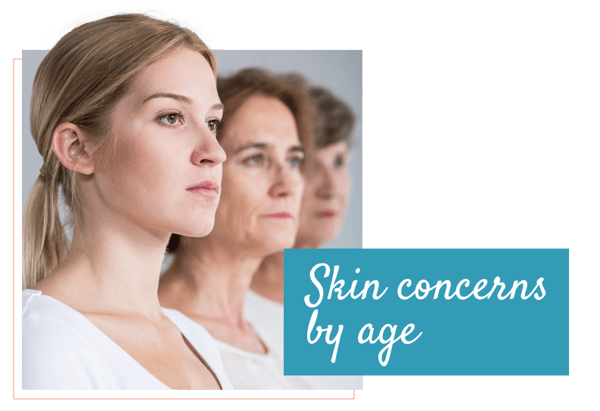Understanding Asian skin types
People of Asian descent generally show signs of ageing later than fairer skinned people.
Hyperpigmentation and hypopigmentation (changes in skin tone) can occur in Asian skin types, through a chronic skin condition called melasma. Melasma is caused by the overproduction of melanin and causes facial skin to become brown and blotchy, usually from sun damage, hormones, internal inflammation, or during pregnancy.
Intense Pulsed Light (IPL), often recommended for uneven pigmentation may not be suitable for all Asian skin types. Instead, Skinfresh has a specialised internal health approach for Melasma and also has specific treatments for Melasma including:
- Laser Genesis
- Dermapen4
- Vampire Facial Plus
Other common skin concerns include:
- oily skin
- acne
- sensitive skin
- skin discolouration.
First, dealing with internal imbalanced and reducing inflammation in the body and skin is a fundamental approach. Establishing a skincare regime that specifically targets these common problems is key. Eating nutrient-dense foods, limiting high-fat, high-sugar and highly processed foods will also ensure skin is nourished from within. And the golden rule of wearing sunscreen daily applies!





